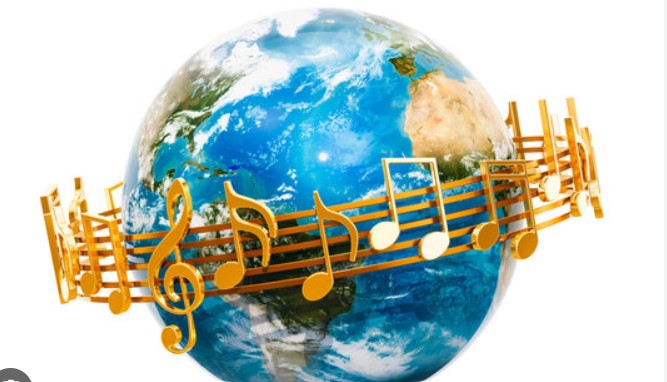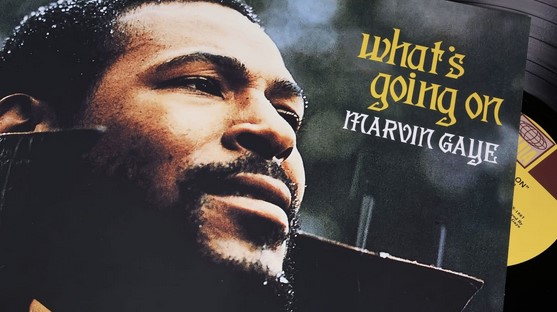Music is a universal language that transcends borders. It connects people from all walks of life and brings cultures together through rhythm, melody, and lyrics. Around the world, there are countless music genres, each reflecting the history, culture, and values of the people who created them. In this post, we explore various music genres from different regions, highlighting their unique characteristics and global influence.

The Rhythms of Africa
African music is known for its rich rhythms and complex percussion. Drums, particularly the djembe, play a central role in many African music traditions. These rhythms are not only used in entertainment but also in rituals, celebrations, and storytelling. In regions like West Africa, music serves as a form of communication, with drummers often mimicking the rhythms of speech. Genres like Afrobeat, which blends traditional African rhythms with jazz, funk, and highlife, have gained international popularity, especially through artists like Fela Kuti. African music continues to influence various modern genres, including pop, hip hop, and electronic music.
The Passion of Latin Music
Latin music is celebrated for its lively beats and passionate expression. Genres such as salsa, merengue, and reggaeton are known for their infectious rhythms that inspire people to dance. Salsa, with its roots in Cuba, blends African rhythms with Spanish melodies, creating an energetic sound that has spread across the world. Merengue, originating from the Dominican Republic, is another dance-oriented genre that features fast-paced rhythms and playful melodies. More recently, reggaeton, a genre born in Puerto Rico, mixes Latin rhythms with hip hop and dancehall, creating a global music phenomenon. Latin music embodies joy, community, and celebration, making it a vital part of many social events worldwide.
The Soul of Jazz
Jazz music has deep roots in African American culture, with origins dating back to the early 20th century in New Orleans. Known for its improvisational nature, jazz is a genre that values creativity and personal expression. The blend of African rhythms, blues, and European harmonies created a unique musical form that has evolved over time. Today, jazz influences a wide range of genres, including pop, rock, and hip hop. Legends like Louis Armstrong, Duke Ellington, and Miles Davis have made lasting contributions to the genre. Jazz continues to evolve, incorporating new instruments, styles, and techniques while staying true to its foundation of improvisation and emotional depth.
The Classical Elegance of European Music
European classical music has a long and prestigious history, known for its complexity and structure. Genres such as symphonies, operas, and chamber music have shaped the foundations of Western music. Composers like Beethoven, Mozart, and Bach are regarded as pioneers, creating timeless pieces that are still performed in concert halls around the world today. Classical music is often characterized by intricate arrangements, orchestral compositions, and a focus on harmony and melody. While classical music has evolved over time, its influence can still be heard in modern genres, as many contemporary musicians draw from classical traditions.
The Diverse Sounds of Asia
Asia is home to a vast array of music genres, each distinct to the country or region it originates from. In India, classical music is a significant part of the culture, with two main traditions: Hindustani and Carnatic music. Both styles emphasize intricate rhythms and melodies, often performed with instruments like the sitar, tabla, and veena. Meanwhile, traditional Chinese music is known for its unique scales and the use of string instruments like the guzheng and erhu. In Japan, genres like J-Pop have become global phenomena, blending traditional Japanese sounds with modern pop music. From the traditional to the contemporary, Asian music offers a rich diversity of sounds that continue to captivate audiences worldwide.
Conclusion
Exploring the different music genres around the world reveals the diversity and beauty of human culture. Whether it’s the rhythms of Africa, the passion of Latin music, the improvisation of jazz, the elegance of European classical music, or the diverse sounds of Asia, each genre tells a unique story. Music not only reflects the history and traditions of its creators but also serves as a bridge that connects people across cultures. By embracing these different genres, we gain a deeper understanding and appreciation of the world’s rich musical heritage.










